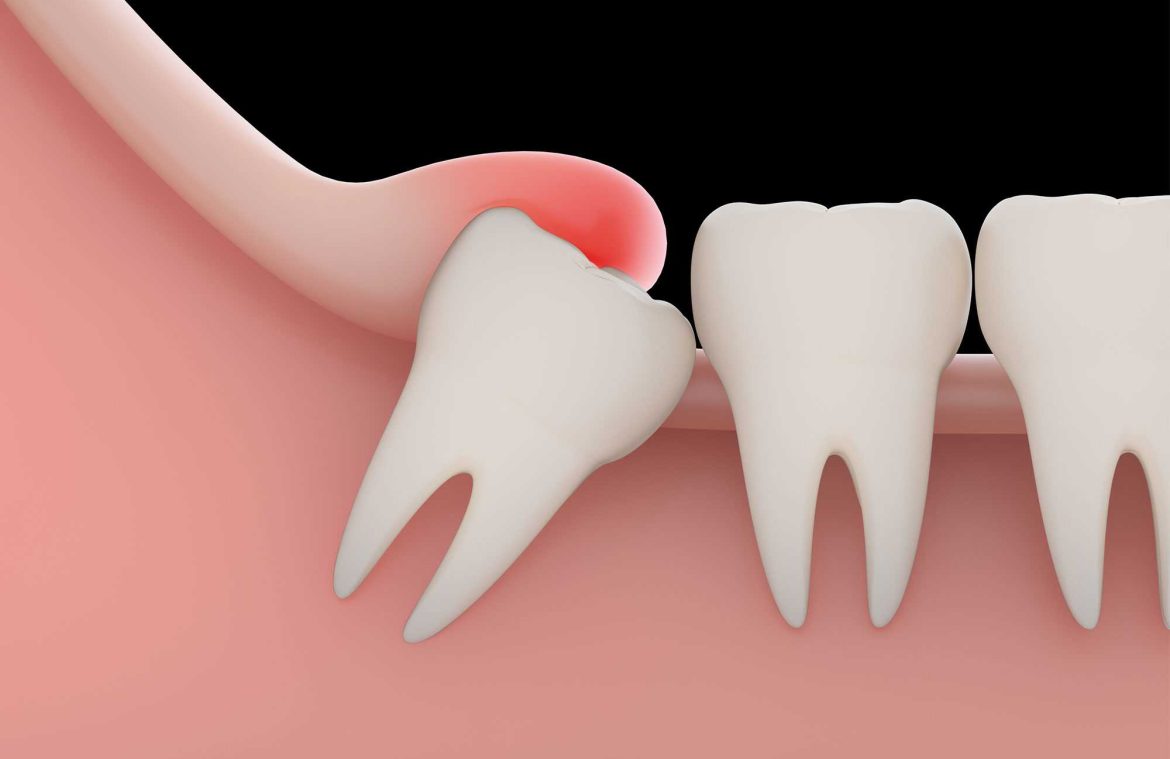
Wisdom Tooth
What are Wisdom Tooth?
Wisdom teeth, also known as third molars, are the final four teeth to erupt in the mouth, typically between the ages of 17 and 25. However, due to changes in our jaws over generations, wisdom teeth often lack sufficient space to emerge properly. This can lead to a variety of problems, including:
- Impaction: When a wisdom tooth gets trapped within the jawbone, either partially or completely. This can cause pain, inflammation, and damage to surrounding teeth and nerves.
- Crowding: Wisdom teeth can push against existing teeth, causing misalignment, overcrowding, and gum disease.
- Cysts and tumors: In rare cases, impacted wisdom teeth can contribute to the formation of cysts or tumors in the jawbone.
Why Remove Wisdom Teeth?
While not everyone needs their wisdom teeth removed, proactive extraction can prevent future complications and safeguard your oral health. Here are some compelling reasons to consider wisdom teeth removal:
- Prevent pain and discomfort: Impacted wisdom teeth can cause throbbing pain, swelling, and difficulty chewing. Removing them prevents further agony and discomfort.
- Protect your other teeth: Crowded wisdom teeth can damage neighboring teeth, leading to chipped enamel, tooth decay, and gum disease. Early removal preserves the health of your existing smile.
- Minimize future complications: Impacted wisdom teeth increase the risk of cysts, tumors, and jawbone damage. Proactive removal nips these potential problems in the bud.
- Improve oral hygiene: Wisdom teeth tucked in the back corners of the mouth can be difficult to clean, promoting the accumulation of plaque and bacteria. Removing them simplifies your oral hygiene routine and reduces the risk of gum disease.
Get Consultation
Consulting our dentist is crucial to determine if wisdom thooth extractions are the best solution for your specific needs.









